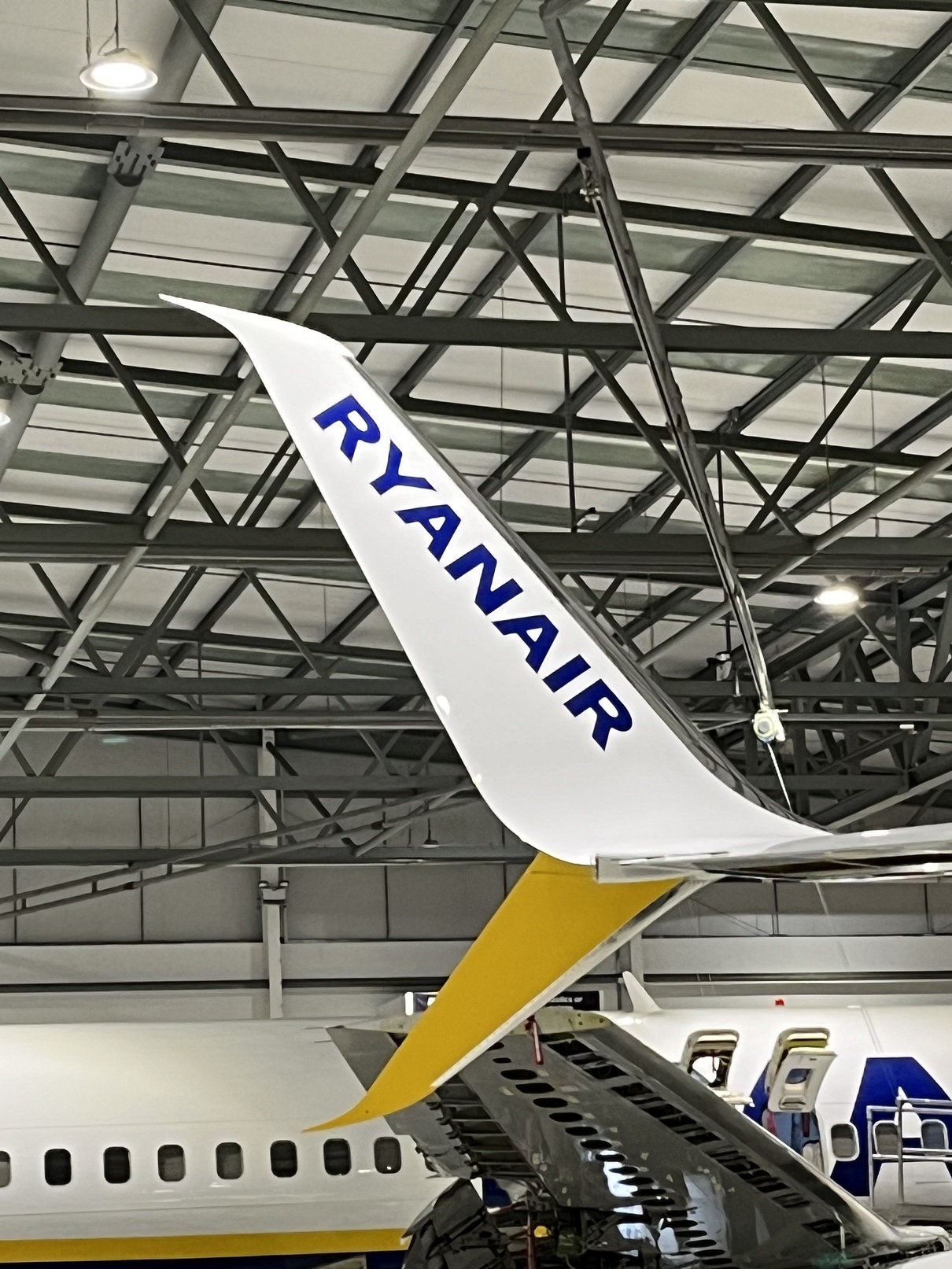Ryanair has reported a third quarter net profit of €15 million, compared to a bumper prior year third quarter net profit of €211 million as higher fuel costs offset revenue gains. Revenue rose by 17% to €2.70bn. Fuel costs rose by 35% to €1.2bn during the three months to December 2023, while overall operating costs were up 26% to €2.72bn. Ryanair extended its fuel hedging programme to 65% of FY25 at $79bbl saving €450 million.
While traffic and fares are reported to be ahead of prior year, close-in Christmas/New Year loads and yields were “softer than previously expected” as Ryanair lowered prices in response to the removal of flights from online travel agency websites in early December 2023. Net profit for the nine-months end December 2023 was up 39% at €2.19bn (previous year was €1.58bn), revenue was up by 26% to 11.27bn. Operating costs for the nine month period rose by 25% to €8.88bn.
Ryanair noted the increase in fuel costs, higher staff costs (reflecting pay restoration, crew, engineering & handler pay increases and higher crewing ratios as the airline improves operational resilience) and the earlier timing of maintenance.
During the third quarter, traffic grew by 7% to 41.4 million passengers, with load factors down 1% to 92%. Revenue per passenger for the quarter was up 9%. For the nine-months, traffic rose by 10% to 146.8 million passengers with a load factor of 94%.
At the end of the third, Ryanair had taken delivery of 136 B737 aircraft. Ryanair’s Michael O’Leary, said that the airline expects to have “up to 174 of these aircraft in our fleet by late June for peak S.24 (+50 from S.23), which would be seven short of our contracted deliveries”, he added that there was a risk the deliveries could “slip further”. He revealed that the airline met with Boeing senior management in January and is running “extra checks” on recent 737 deliveries where “improvements in quality with fewer delivery defects” have been noted. However, O’Leary says: “Boeing has more work to do to improve quality, reduce delivery delays, and we fully support the initiatives that Dave Calhoun (CEO) and Brian West (CFO) are taking to improve Boeing’s performance and production.”
Ryanair’s balance sheet is one of the strongest in the industry with a BBB+ credit rating (both S&P and Fitch) and €2.9bn gross cash at quarter end, despite €1.9bn capex and €1.1bn debt repayments. Net cash was €0.15bn at 31 December, boosted by the delay of aircraft deliveries into the fourth quarter. “All of our owned B737 fleet (546 aircraft) are unencumbered, which widens our cost advantage over competitor airlines, many of whom are exposed to high interest rates and rising aircraft lease costs,” says O’Leary.
In December, MSCI upgraded Ryanair’s ESG rating to an industry leading ‘A’ (from ‘BBB’) and the carrier is ranked Europe’s No.1 airline for ESG by Sustainalytics.
Ryanair stated that it continues to target approximately 183.5 million passenger traffic for its full 2024 financial year despite slightly lower Q3 load factors and Boeing delivery delays. However, as a result of these lower load factors and higher productivity pay, and with FY24 ex-fuel unit costs to rise by c.€2.50, Ryanair has narrowed its FY24 net profit guidance to a range of between €1.85bn to €1.95bn (previously €1.85bn to €2.05bn). Ryanair added the caveat that the guidance and the full year result “remains heavily dependent upon avoiding unforeseen adverse events in Q4 (such as the Ukraine war, the Israel-Hamas conflict and further Boeing delivery delays)”.

